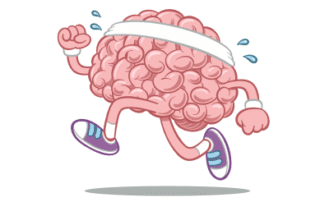Empathizing With Future Selves
We’re generally poor at predicting how events will impact future states of happiness. And yet, if we’re going to make good decisions in the present, we need to empathize with our future selves at some level. How can we reconcile this? The answer may lie with art, visualization, and social cognition.






